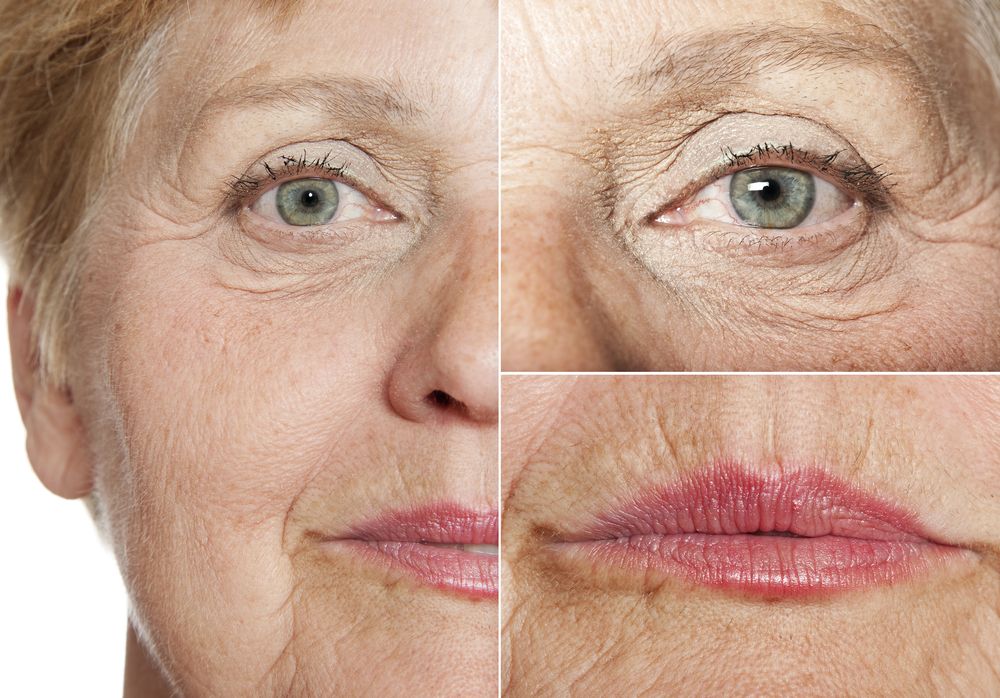- General Dermatology
- Eczema
- Chronic Hand Eczema
- Alopecia
- Aesthetics
- Vitiligo
- COVID-19
- Actinic Keratosis
- Precision Medicine and Biologics
- Rare Disease
- Wound Care
- Rosacea
- Psoriasis
- Psoriatic Arthritis
- Atopic Dermatitis
- Melasma
- NP and PA
- Skin Cancer
- Hidradenitis Suppurativa
- Drug Watch
- Pigmentary Disorders
- Acne
- Pediatric Dermatology
- Practice Management
- Prurigo Nodularis
Article
Farnesol-containing facial masks may improve UVB-exposed skin
Author(s):
Farnesol, an alcohol found in essential oils including ambrette seed and citronella, could be a beneficial component of facial masks, according to a recent study.
©KuttelvaserovaStuchelovaShutterstock.com

Farnesol, an alcohol found in essential oils including ambrette seed and citronella, could be a beneficial component of facial masks, according to a study published June 27 in the Journal of Cosmetic Dermatology. Researchers in Taiwan report facial masks containing 0.3 and 0.8 mM farnesol improved skin smoothness and enhanced collagen content and arrangement in a study of rats’ skin, when the mask was applied with and after UVB exposure.
Farnesol is a fungal quorum-sensing molecule and natural sesquiterpene produced by many organisms, according to the study. It can be found in peaches, tomatoes, lemongrass and chamomile, the authors write.
ses·qui·ter·pene (noun)
a terpene with the formula C15H24, or a simple derivative of such a compound.
This colorless liquid with a delicate odor is widely used in cosmetic and personal care products, according to CosmeticsInfo.org.
The researchers studied facial mask formulations they prepared with 0.3 mM or 0.8 mM farnesol, 0.1% hyaluronan and 2% hydroxypropyl methylcellulose. They examined the effects of the facial masks on collagen production in vitro. And they conducted in vivo research using mask administration interspersed with UVB exposure and mask administration post UVB exposure to study collagen synthesis, skin smoothness and skin inflammation.
Among their other findings: Masks containing 0.8 mM farnesol had the greatest impact on the production and arrangement of collagen, as well as improvement in skin smoothness. They saw histopathologically that covering skin with facial masks containing 0.8 mM farnesol resulted in decreased inflammation and interleukin (IL)-6 compared to uncovered skin. These experimental studies suggest the facial mask containing 0.8 mM farnesol has preventive and reparative effects on sunburnt skin.
“Based on the findings of the current study, farnesol is a potential skin quality improving component applicable in facial masks designed for skin reparative and smoothness-improving skincare purposes for the skin frequently exposed to UV,” the authors write.
Notably, farnesol is associated with allergies and contact dermatitis, according to the Environmental Working Group.
References:
Huang, YW, Huang, HH, Wu, GX, Chang, HR, Wu, KL, Kuo, SM. Antiaging and smoothnessâimproving properties of farnesolâbased facial masks on rat skin exposed to ultraviolet B. J Cosmet Dermatol. 2019;00:1–13.





